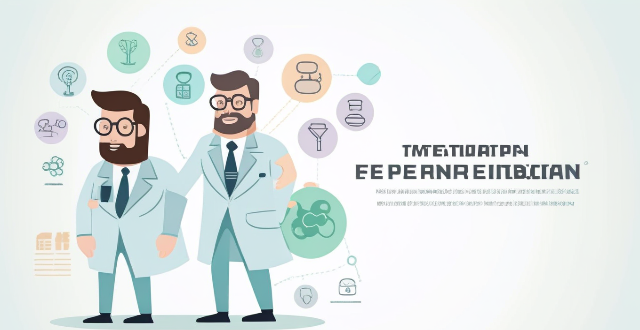Social media has revolutionized communication by making it faster, more diverse, personalized, and accessible. However, challenges related to privacy, misinformation, and mental health require careful consideration.

Social Media: A Revolution in Communication
Social media has transformed the way we communicate on a fundamental level. It has not only altered our methods of interaction but also redefined the very nature of communication itself. Let's delve into the various facets of this transformation.
Instantaneous Connectivity
Speed and Convenience
- Real-Time Updates: Gone are the days of waiting for letters or even emails. Now, we can share updates instantly with friends, family, and followers.
- Global Reach: The barriers of distance have been broken down, enabling us to connect with anyone, anywhere in the world, at any time.
Multimodal Interaction
Diverse Forms of Expression
- Text-Based Platforms: Twitter and Reddit allow for quick, text-based communication.
- Image and Video Sharing: Instagram, Snapchat, and TikTok cater to visual storytelling.
- Audio and Video Calls: Platforms like Skype, Zoom, and FaceTime facilitate real-time conversations.
Personalization and Customization
Tailored Experiences
- Algorithmic Feeds: Platforms like Facebook use algorithms to show content relevant to your interests.
- Personalized Content Creation: Tools like Canva allow for customized graphics and designs for social media posts.
Increased Accessibility
Inclusivity and Outreach
- Disability Accessibility: Features like closed captions on videos make content more accessible.
- Non-Profit Outreach: Organizations can now reach wider audiences for fundraising and awareness campaigns.
Broadening Horizons
Cultural Exchange and Education
- Language Learning: Language learning apps integrate with social media for practice and conversation.
- Cultural Awareness: Exposure to different cultures through social media fosters understanding and empathy.
Challenges and Considerations
Ethical and Privacy Concerns
- Data Privacy: Concerns over how personal data is used by social media companies.
- Misinformation: The spread of false information can be rampant across platforms.
- Mental Health Impact: The constant need for validation and comparison can lead to mental health issues.
The Future of Communication
Emerging Trends
- Augmented Reality (AR) and Virtual Reality (VR): These technologies promise immersive communication experiences.
- Artificial Intelligence (AI): AI-driven chatbots and virtual assistants are becoming more commonplace.
In conclusion, social media has revolutionized communication by making it faster, more diverse, personalized, and accessible. However, it also presents challenges related to privacy, misinformation, and mental health that require careful consideration as we continue to navigate this digital landscape.